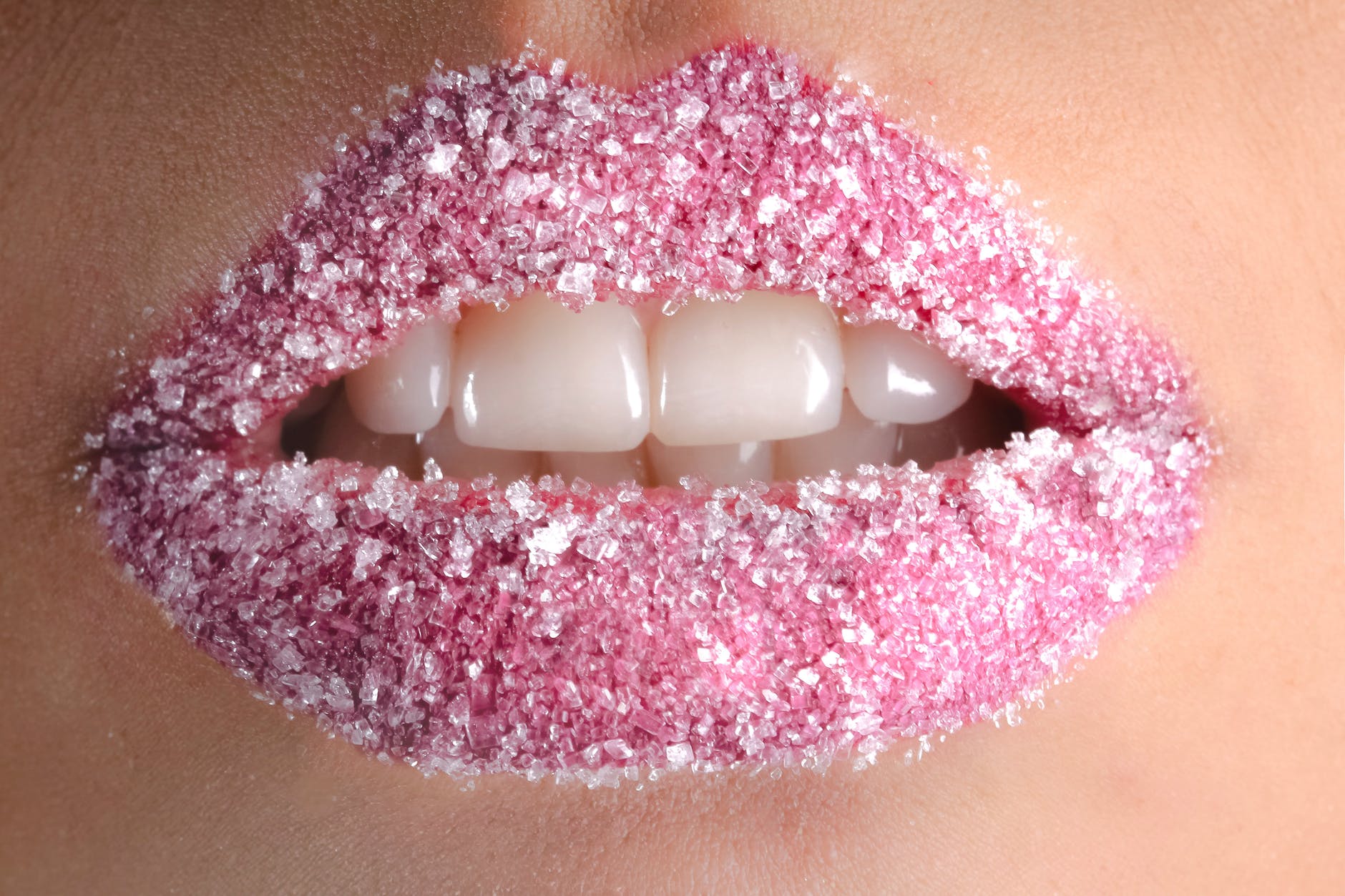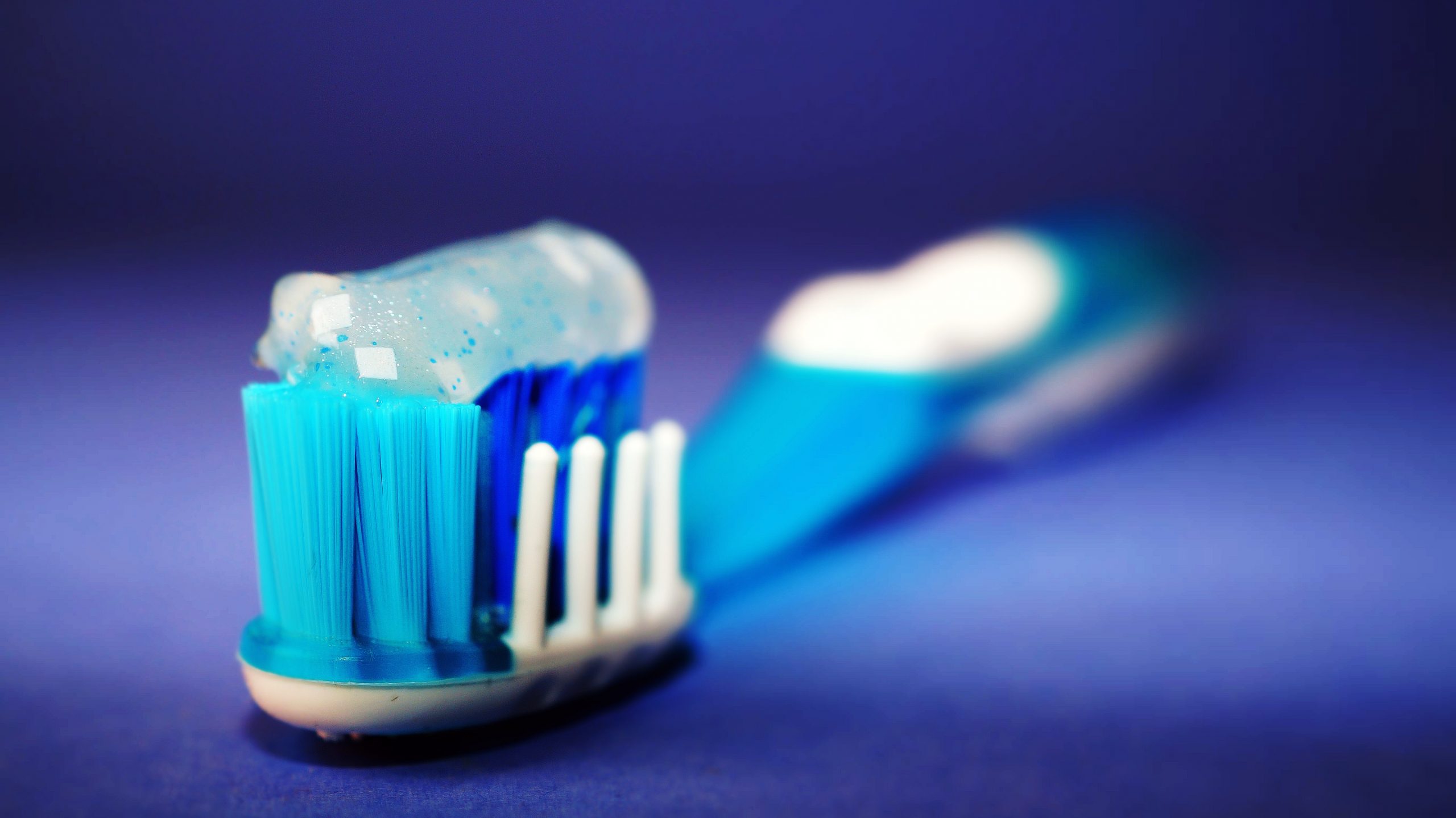This post is all about What Your Teeth Are Trying To Tell You. Your teeth might seem like chunks of enamel stuck in your mouth, but they are no less a part of your body than your arms and feet. What’s more, they can provide a window into your health and insight into what’s going on inside.
Teeth have subtle ways of communicating with you, but they are there. If you are looking for dental implants be sure to check out PRP in Gilbert AZ. Below, is helpful info on what your teeth may be trying to tell you.

Photo by Dalila Dalprat from Pexels
Here Is What Your Teeth Are Trying To Tell You
You Need More Vitamin D Or Vitamin A
Nutrition science first emerged in the years following 1900. In those early days, scientists believed that the leading cause of diseases was nutrient deficiencies. For this reason, they embarked on a program to identify all the conditions that occur when you don’t get enough nutrients in food. Eventually, they found that there were certain chemicals in plants that the body couldn’t make itself.
One hundred years later, researchers are still trying to figure out all of the adverse effects of vitamin deficiency. They’ve discovered that a lack of vitamin D and A can lead to problems with the enamel on teeth. And they’ve found that people who don’t get sufficient B vitamins have cracked lips and are more prone to developing ulcers. Fortunately, there’s a simple solution to this one: supplement.
You Are Overeating Sugar
The modern human diet is radically different from that of our prehistoric ancestors. The combination of farming and industrial food production means that we eat more sugar than ever before. The substance has only been a part of the human diet for the last hundred years or so if that.

Photo by Rodolfo Clix from Pexels
Teeth, however, can’t deal with large quantities of sugar every day. It leads to the growth of species of bacteria that damage the tissue in the mouth, including gums. Over time, it eats away at the surface, causes inflammation, and eventually leads to rotting teeth.
Modern interventions like dental implants can reverse this damage, but dentists believe prevention is better than cure. If you can curb your sugar habit, your teeth will become healthier very rapidly.
You Might Need To Take More Exercise
The state of your teeth reflects not only your brushing habits but also your cardiovascular system’s health. People with great teeth tend to have an excellent blood supply to their gums, which implies a healthy heart. If, however, teeth are loose or wobbling in their sockets, it can indicate a problem.
Fortunately, you can improve the health of your cardiovascular system relatively quickly. Researcher Dean Ornish proved that a simple regime of exercise, meditation, and plant-based eating could reverse the signs of heart disease and allow patients to live an otherwise normal life.
The intervention proved definitively that simple lifestyle interventions have a profound impact on health – including that of your mouth.
You Need To Change Your Diet
Tongue scrapers are becoming an increasingly popular method of removing bacteria from the mouth and achieving fresh breath. Around 90 percent of all bacteria in the mouth live on the tongue, so the idea of using an implement to remove them seems to make a lot of sense.

Photo by Ronailson Santos from Pexels
It turns out, though, that you probably have better options. The species of microbes that live on your tongue change, depending on what you eat. If you consume a healthy diet, packed with fruit and vegetables, you will foster the growth of bacteria that do not smell. If, however, you eat lots of junk food, the risks of bad breath rise considerably.
Changing your diet can seem like an impossible challenge, but it is actually relatively easy. Remember, you don’t have to change every last detail. Often, small changes – like throwing out all the candy in your cupboards – contribute up to 80 percent of the overall effect.
You Need To Change The Way You Breathe: Here Is What Your Teeth Are Trying To Tell You
The shape of your teeth tells a tale of the history of your body. Today, we live in a culture in which children grow up eating low-fiber, soft foods.
For the jaw to develop properly, it needs to be subjected to high chewing forces to stimulate the growth of the surrounding bone and muscle. That, however, rarely happens.
When the structure of the jaw doesn’t develop properly, children find coping mechanisms to compensate. Mouth breathing is one of the first responses since it allows them to take in sufficient air easily, instead of struggling through their nose.
Mouth breathing causes the chin to drop and the entire lower structure of the face, including the neck, to slump forward. It can dramatically affect appearance.
Long-term mouth breathing also changes the shape of the teeth. If you breathed in this way when you were young, your top teeth might stick out much further in profile than your bottom teeth.
Fortunately, modern dentistry and cosmetic techniques can reverse this process, giving you the face you would have had, had you eaten more like our ancestors.
You Could Be Pregnant
Did you know that your teeth are a giveaway sign that you might be pregnant? Well, it’s true. According to information from the American Pregnancy Association, the risk of gum disease rises during pregnancy.
Hormone changes affect blood flow to the gums, making them more sensitive and irritable. Some women, therefore, can experience swelling and bleeding, especially if they allow their diets to deteriorate.
If you have inflamed gums, therefore, you might want to do a pregnancy test. Hormone changes can reduce your body’s ability to fight infection.

Photo by Leonardo Gonzalez from Pexels
You Smoke Too Much
Many public health officials would prefer us to all live in a world where smoking doesn’t exist. The habit is bad for us in practically every way, causing damage all over the body. Smoking can, unfortunately, take its toll on our oral health too.
First, the chemicals in the smoke attack the lining of the gums. Smoking weakens the top layer of cells, providing opportunistic bacteria a chance to move in and cause infection.
Second, smoking also damages arteries supplying the gum material from underneath. Reduced blood supply to the surface cells again makes them more prone to infection.
Third, smoking changes the color of teeth. Tar and other chemicals that manufacturers put into cigarettes cause discoloration over time, sometimes in as little as a couple of weeks. Suffice it to say, smoking is not a health-promoting activity for teeth – precisely what you might expect.
Teeth aren’t the best window into the body, but they can provide vital information about your health. We haven’t covered it here, but your teeth can tell you lot about your overall health and your chances of falling sick. For instance, data suggest that women who are free from periodontal disease live longer than their disease-ridden counterparts.
The state of your teeth may also provide an early warning sign that you might have cancer. Looseness and bleeding are both associated with a higher risk of cancer later on.
Fortunately, looking after your teeth is relatively easy. It involves little more than going to your dentist every six months for checkups, cleaning them with fluoride toothpaste twice per day, abstaining from smoking, and eating a low-sugar diet. Once you’ve mastered that, your teeth will thank you, and you won’t have to worry about them so much.

Photo by George Becker from Pexels
Here Is What Your Teeth Are Trying To Tell You! Everything above is important to take into consideration when it comes to your teeth and their overall health. And, can make a big difference in your overall well-being. Catching the signs early and doing something about them is the best policy.
Don’t leave it too long before addressing issues because they can develop into something more serious later on. Remember, modern dentistry can solve practically any problem in your mouth, so it is never too late to get help.